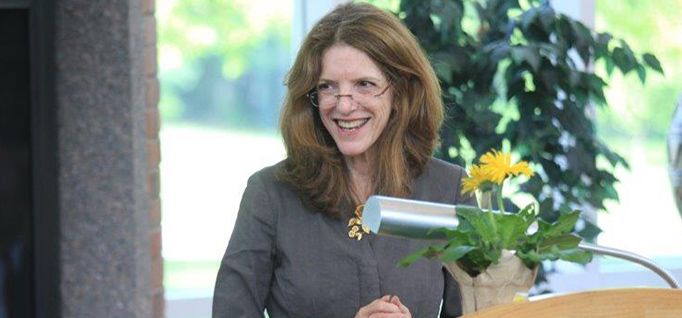Leaders stay engaged through teaching
By Ellie Ashford
July 20, 2016
Teaching helps community college leaders engage with students and faculty while improving leadership capabilities.
For community college leaders, connecting with students can be difficult when so much time is spent handling the day-to-day operations of the college. Pamela Anglin knows firsthand that teaching is a way to better understand today’s students. Anglin, president of Paris Junior College in Texas, teaches a three-hour Learning Frameworks class online, and an online course on business law.
Teaching “helps me become a better president,” she says in this Community College Daily article.
Every president could benefit from being in the classroom, according to her, even if they only teach a course every few years. “Students’ needs change,” she says. “It’s important for the president to understand the student population.”
Her other reason for getting back in the classroom? “I miss teaching and I enjoy it.”
Faculty insights
Jeffery Allbritten, president of Florida SouthWestern State College, returned to the classroom after speaking at a convocation where he challenged the faculty to focus on teaching, research and public service—and he vowed to do the same.
He doesn’t teach a full course, but he makes “cameo teaching appearances.” He was a guest lecturer this spring, presenting a lesson on nuclear magnetic resonance in a course on organic chemistry. He also did a cameo teaching stint on leadership in the college’s Cornerstone program, a wraparound freshman orientation and first-year experience course.
It’s helped Allbritten appreciate the high level of expertise of the faculty. They’re using new technology to present the material in more sophisticated ways—and for less money, he says.
Teaching not only can offer a president “a sense of legitimacy,” but “faculty see you in a different light when you appreciate what they’re doing,” he says.
Teaching the next leaders
Gena Glickman, president of Connecticut’s Manchester Community College, has been involved in the higher education doctoral program at the University of Maryland University College (UMUC), first as a coach for Ph.D. candidates, then as a teacher of an online course on community college management.
“This is one of the most satisfying things to be doing,” says Glickman.
Glickman also helps UMUC students with their dissertations. It’s a great way to identify the next generation of leaders, she says. And having close contact with students gives her a firsthand experience in what they go through in the classroom, the enrollment process and their excitement at graduation.
“Teaching is also a great way to stay current in the field,” Glickman says.
“The policy questions, the outreach, the exposure to some of the new thinking informs what I do every day,” she adds.
Read the full Community College Daily article, by Ellie Ashford.
Continue the conversation on our LinkedIn group.


